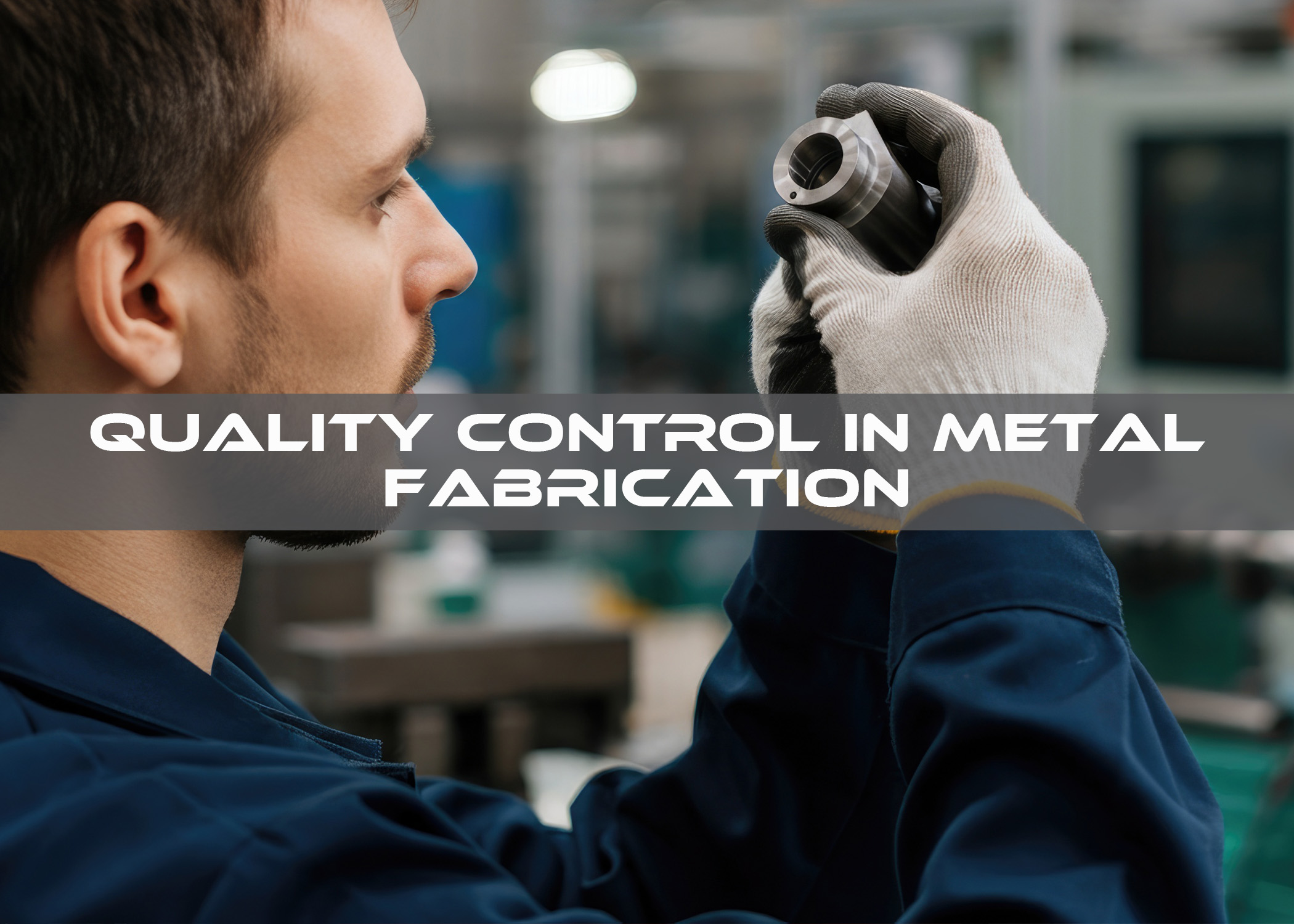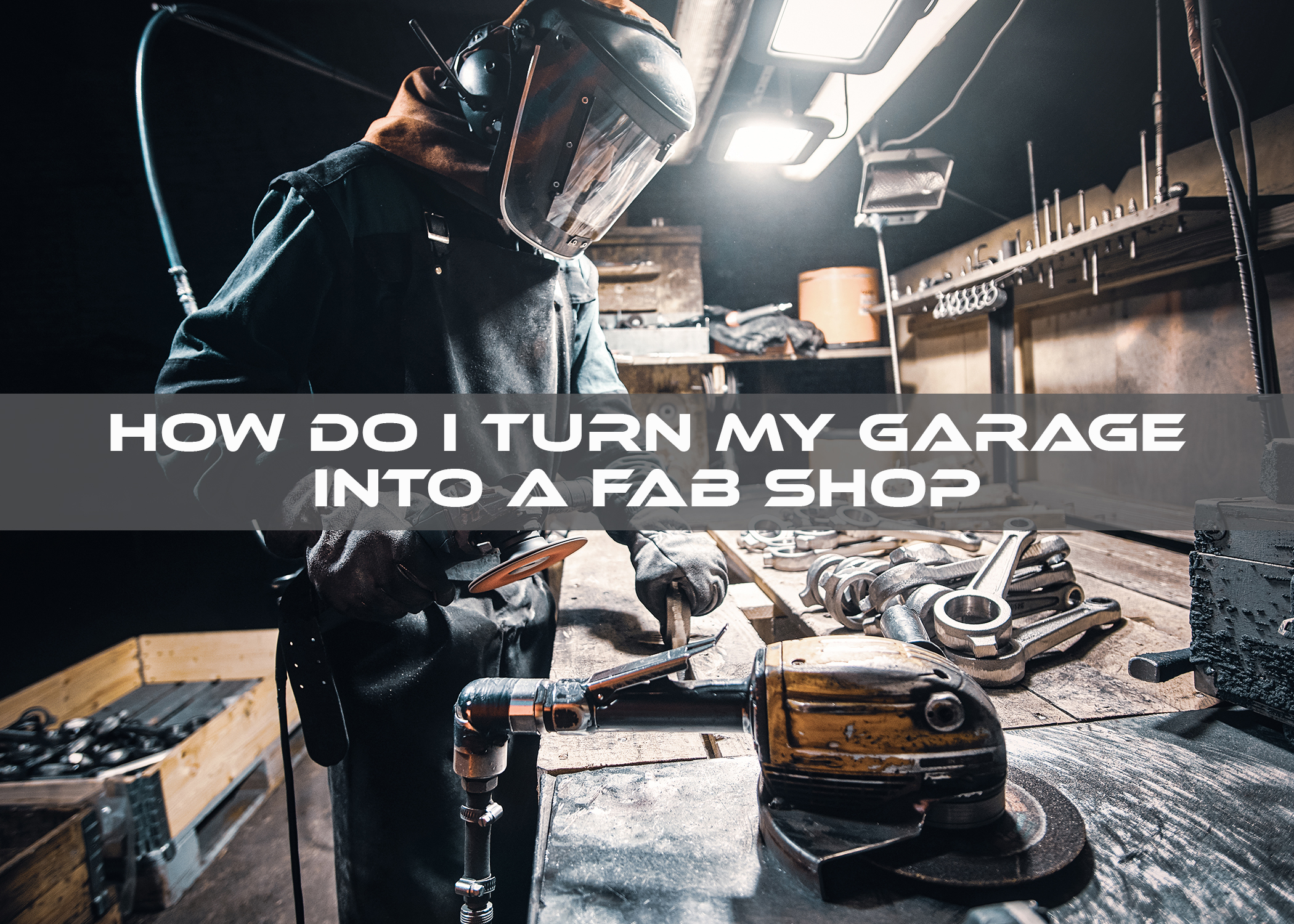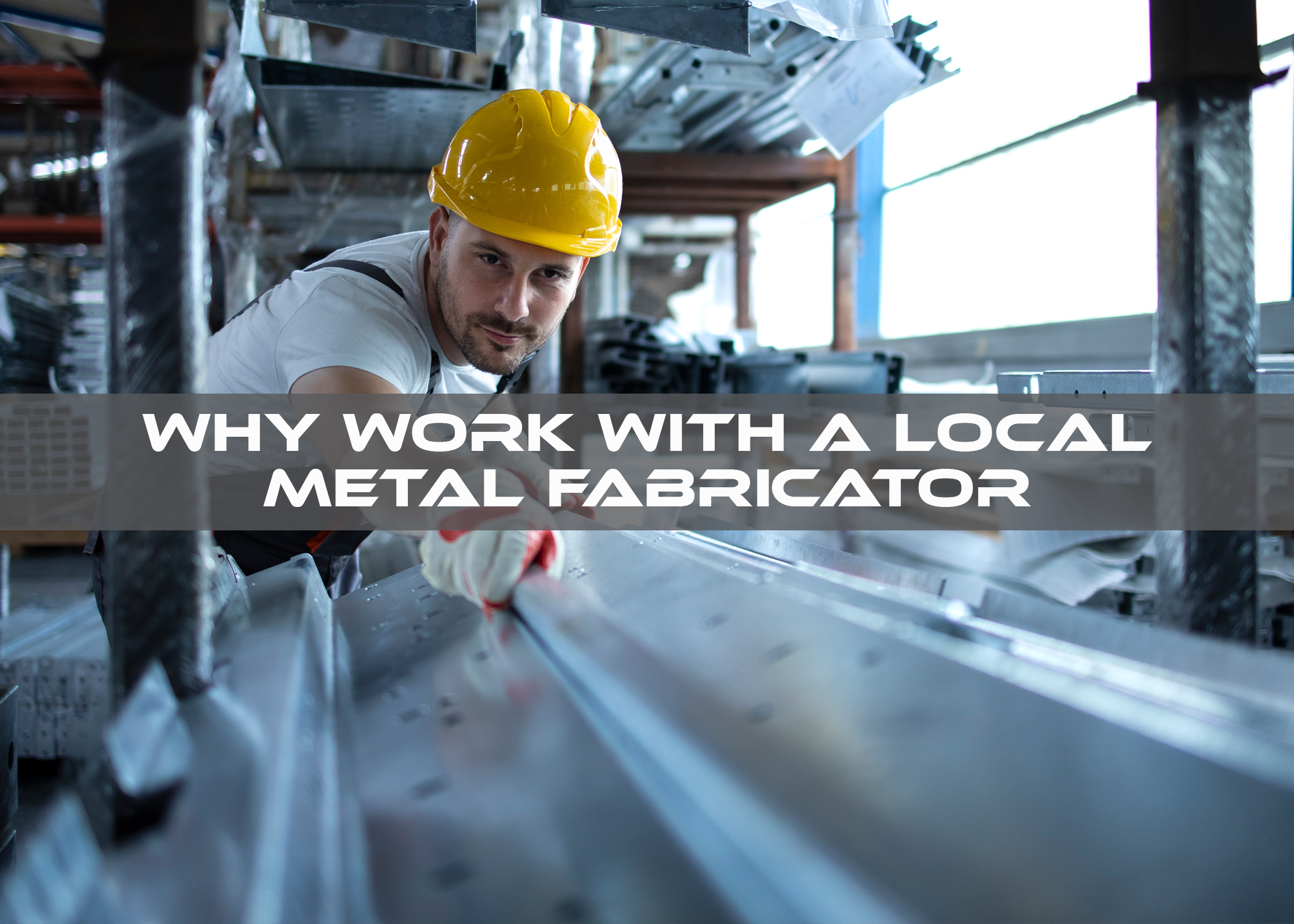Quality Control in Metal Fabrication
Quality control (QC) is a critical pillar of metal fabrication, directly influencing product performance, safety, and customer satisfaction. From structural steel components to precision-machined parts used in aerospace and medical applications, metal fabrications must meet strict specifications and tolerances. Effective quality control ensures that fabricated components conform to design requirements, industry standards, and regulatory expectations while minimizing waste, rework, and costly failures.
How Do I Turn My Garage into a Fab Shop?
You like metal fabrication. You have some free space in your garage. You think it might be fun to set up your very own fab shop right there. But how to proceed?
The key is understanding how to balance power, layout, tools, safety, and workflow so that your shop is not only functional, but enjoyable to work in. Here are some ideas to help you get started.
Why Work with a Local Metal Fabricator?
When you’re planning a metal project—whether it’s a custom railing for your home, an industrial machine component, a structural frame, or a one-of-a-kind prototype—the fabricator you choose will determine the quality, cost, and overall success of the job. Many people assume that large, out-of-state suppliers or online fabrication services are the best option simply because they appear to offer convenience or lower prices. But the truth is that partnering with a local metal fabricator often delivers far more value, better quality, and a smoother experience from the initial conversation all the way to project completion.





